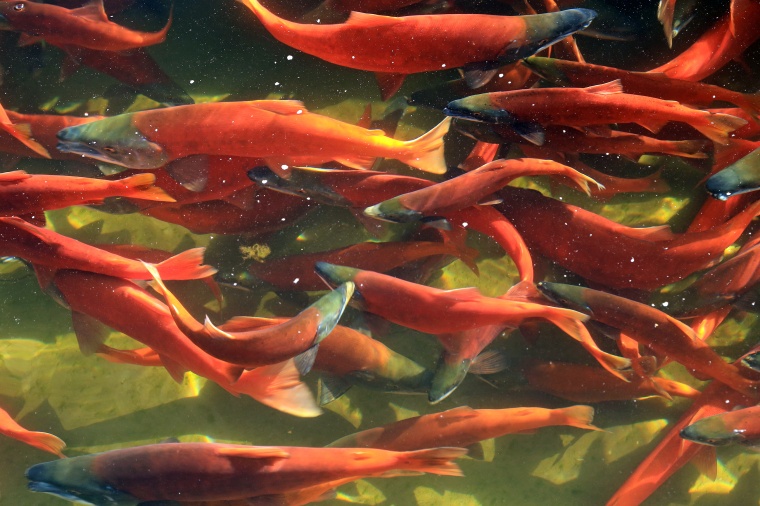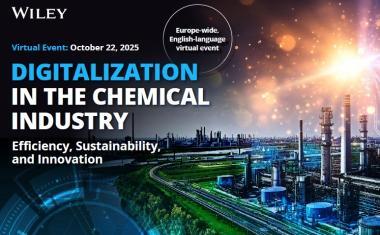DSM and Evonik in Omega-3 Fatty Acids JV

DSM Nutritional Products and Evonik Nutrition & Care, subsidiaries of the well-known Dutch and German chemical producers, have announced they will establish a 50:50 joint venture called Veramaris and based in the Netherlands to produce sustainable non-fish omega-3 fatty acid products from natural marine algae for application in animal nutrition.
Creation of the new company, which is subject to regulatory approvals, follows a joint development agreement signed in July 2015. Over the past year and a half, Evonik and DSM said they have jointly worked on developing products and the manufacturing process as well as exploring opportunities for commercialization and claim to have achieved positive results.
A commercial production facility is planned to be built at an existing Evonik site in the US and go on stream in 2019. Investment costs are expected to total about $200 million over two years. Initial annual output, the companies said, should meet around 15% of the total current annual demand for the acids EPA and DHA from the salmon aquaculture industry.
While construction of the new plant is underway, customers will be able to receive “sizeable quantities” of the product for market development. Pooling their complementary competencies, the chemical producers said they have already successfully produced pilot-scale quantities of the algal oil at DSM’s US production facility in Kingstree, South Carolina.
DSM is contributing to the project its expertise in cultivation of marine organisms including algae and its established biotechnology capabilities in development and operations, while Evonik’s experience in developing industrial biotechnology processes and operating competitively large-scale manufacturing sites for fermentative amino acids is being leveraged.
The two European companies said their “breakthrough innovation” will for the first time enable production of omega-3 fatty acids for animal nutrition without using fish oil from fish caught in the wild. The alternative source, claimed to be the first to offer both EPA and DHA, will be aimed initially at applications in salmon aquaculture and pet food.
As limited wild fish stocks restrict the amount of fish oil available and hamper the growth of the aquaculture industry, the jv partners believe their algal oil, which also will find use in products for other aquatic and terrestrial animal species, will offer a “sustainable non-fish alternative.” Global fish oil production currently totals around 1 million t/y. Most of the oil is used in aquaculture, mainly for fat-rich fish species, such as salmon. This application consumes about 75% of annual output, according to DSM and Evonik.






